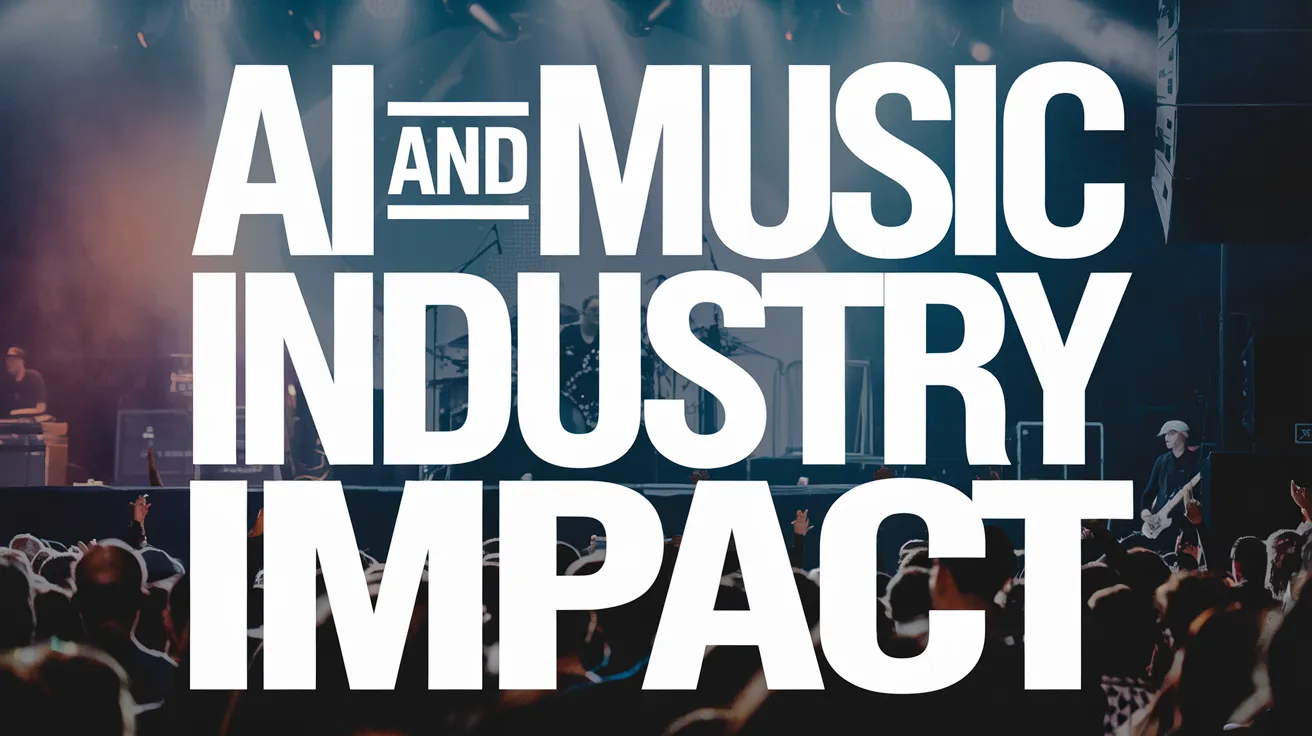Music Workers Face AI Income Loss Shock

According to a recent global economic study conducted by the International Confederation of Societies of Authors and Composers (CISAC), individuals employed in the music sector are projected to lose almost a quarter of their income to artificial intelligence (AI) over the next four years. The report highlights that those involved in the audiovisual sector will also witness a significant income reduction of more than 20%, all while the generative AI market is expected to soar from €3 billion (A$4.9 billion) annually to an astounding €64 billion by 2028.
The Rising Threat of AI in the Music Industry
The findings, unveiled in Paris, underscore the potential for AI to enrich large technological companies significantly, while simultaneously threatening the rights and economic well-being of creators unless decisive policy measures are enacted. The report’s emphasis on the urgent need for protective legislation was echoed by CISAC president Björn Ulvaeus, a former member of ABBA, highlighting the positive steps being taken in Australia and New Zealand as examples to follow worldwide.
Policy Changes on the Horizon
Ulvaeus praised the Australian government’s recent senate select committee report on AI, which recommends standalone legislation aimed at safeguarding creators’ rights and watermarks a potential gold standard in AI policies. He articulated a vision for AI that augments rather than undermines human creativity, asserting, “The world is watching, and the decisions made will resonate far beyond these shores.”
Industry Leaders Call for Action
Dean Ormston, CEO of APRA AMCOS, pointed out that while the global report illustrates the opportunities AI offers, it also illuminates a pressing demand for governmental action to secure the rights and remuneration of creative professionals. He stated, “It’s creators who stand to lose the most,” emphasizing the unique human touch that shapes cultural exports from Australia and New Zealand.
Economic Consequences of Current Practices
The study concludes that under the prevalent regulatory conditions, artists and creators are susceptible to dual forms of income loss. Generative AI’s unauthorized use of their intellectual property could diminish their copyright earnings while simultaneously increasing the competition as AI-generated content becomes more prevalent.
Impact on Revenue and Future Predictions
Looking ahead, the report forecasts a scenario where, by 2028, generative AI music could potentially account for approximately 20% of traditional music streaming revenue and about 60% from music libraries. The financial gains estimated for AI developers within the music industry could rise from just €0.1 billion in 2023 to €4 billion, unequivocally illustrating a shift in economic value from creators to AI firms.
Urgent Need for Strategic Regulation
“AI has the power to unlock new and exciting opportunities,” Ulvaeus remarked, “but we have to accept that, if badly regulated, generative AI also has the power to cause great damage to human creators, to their careers and livelihoods.” He stressed that the trajectory for creators hinges significantly on the measures adopted by policymakers during current legislative reviews, underscoring the critical need to establish regulations that protect creators’ rights and the sanctity of human creativity.